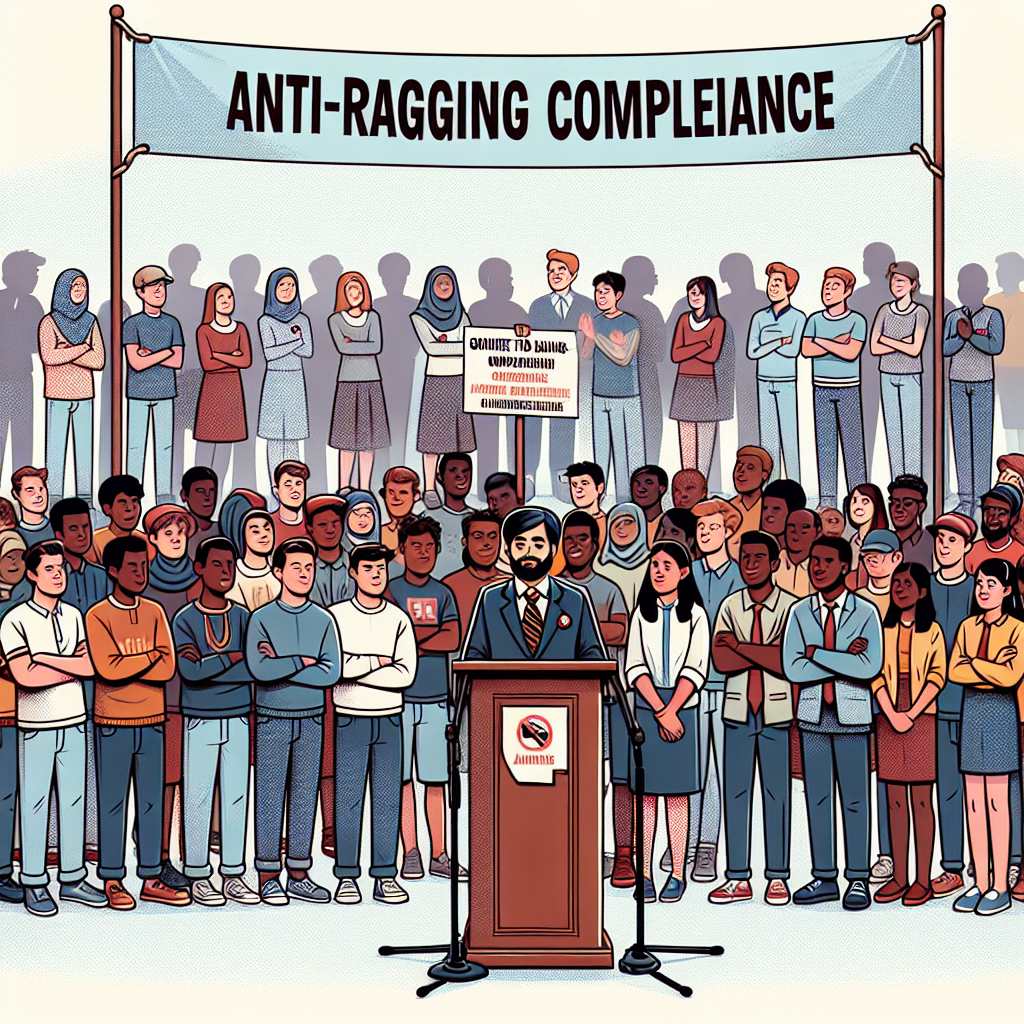Strengthening Anti-Ragging Measures in Academic Institutions
The NHRC proposes new anti-ragging measures in academic institutions, including wellness centers, evidence-based reporting, and enhanced accountability. Stronger enforcement and inclusion of diverse stakeholder suggestions, like mandatory police reporting and inclusion in committees, are crucial to safeguarding students. Enhanced monitoring and innovative strategies aim to curb campus ragging effectively.

- Country:
- India
The National Human Rights Commission (NHRC) has proposed a series of robust measures to tackle the enduring issue of ragging in academic institutions. At a recent session, NHRC chairperson Justice (retd) V Ramasubramanian highlighted the inefficacy of current laws and called for enhanced monitoring and accountability.
Among the proposed measures are the establishment of wellness and inclusion centers, mandatory police reporting of incidents, and strict regulations for complaint handling. Stakeholders also urged for stronger representation of minorities in anti-ragging committees and the implementation of surprise audits and surveillance.
The NHRC session also discussed innovative approaches such as the 'nudge technique' to subtly shift attitudes towards ragging and suggested recognizing ragging-free campuses. Collaboration with organizations like NALSA and UGC, along with enhancing victim protection and ensuring anonymity in complaints, were pivotal points of agreement.
(With inputs from agencies.)










